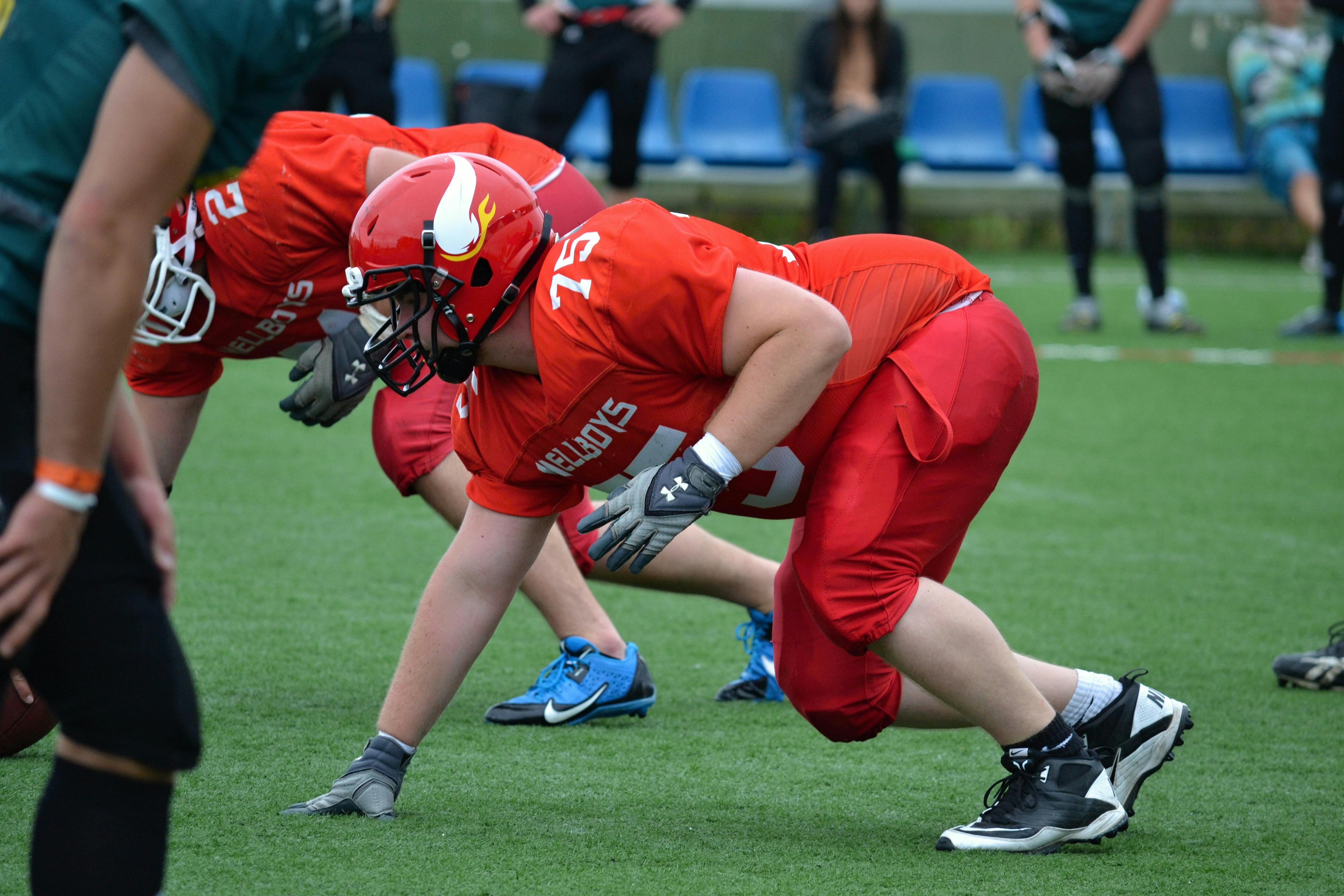Developing point guard skills is a tedious, careful and slow process. Coaches can cultivate excellent point guards if they first take the right approach to the mental side of the game. Great point guards are tough, selfless, understand the game and are mentally tough. A winning point guard is in charge when the game is on and makes all other players better with his presence.
Players are never too young to start learning the truths of the game. Starting with the fundamentals, a young player needs to be comfortable with dribbling, passing, shooting, and defending. As players develop physically, they also gain knowledge of how to play. This development is key for point guards because their position is the most important on the floor. A good base makes the team walk.
The following eight skills are necessary for great point guards:
- Study and understand your peers-The base more than anyone on the field knows each of his teammates inside and out. He knows all the roles in the team and prioritizes enhancing each of their strengths. He knows how to put them in situations where each player can be successful. For example, a post player is instructed to stand on the blocks and not float to the perimeter. His skills and ability will impact the team the most playing around the basket. Roles are crucial to good teams and the point guard can solidify team unity with good leadership skills.
- Be the coach on the pitch and in the locker room.-A good point guard adopts the game philosophy of his coach and instills it on the court. Knowing what the coach wants and doesn’t want is a rare trait among players. For example, if a team’s philosophy is to shoot as many 3-pointers as possible, the point guard needs to get the ball into the shooter’s hands in the goal areas frequently. If the style of play is to push the ball down the court, then the point guard needs to organize the counterattack, push it hard and attack the defense. The term “coach on the pitch” belongs to the great point guards.
- Earn the trust of the players– For a team to follow a leader, they must believe that he would do anything for them. He not only has to play very hard, but he can motivate his teammates to do the same. Without confidence in their overall floor, a team is left vulnerable.
- Setting the tone in practice-Your base must understand how a successful practice is carried out and what the goal of the practice is. By serving as a model, you can set the pace for good practice. Conversely, when a leader is unwilling to give it their all, the team will suffer from poor practice.
- Knowledge of every possible situation.-Understanding what to do in each situation is the duty of a great point guard. He must know who is in the game and how he can set up his teammates for success. Offensively, the game plan must play out perfectly. Good shots, smart passes and good projection are essential and can be dictated by the point guard. The point guards are in charge of knowing the time and the score at all times, the importance of each possession and controlling the tempo. He needs to be aware of what is happening and what needs to be accomplished at both ends of the floor. A good test is seeing a leader take over a game at the moment of winning. When his team runs out of timeouts, the great players take charge and do whatever it takes to win.
- disinterest-Many coaches interpret this in the sense that the point guard should not seek to score. This is not the case, especially if scoring is a strength of his base. The generosity means that he will sacrifice his game at times to find better opportunities for his teammates. Great point guards always improve others on the court by their presence.
- defensive leadership-A great assist to a teammate for a layup is great, but it can’t match the impact of solid defensive play. Defense wins games and by taking a charge or forcing a turnover any player helps their team win. Sometimes it’s harder to inspire teams to play defense. Players love offense and tolerate defense. A great point guard can lead a team to take possession of the defensive end of the floor.
- Manage success and defeat in perspective.Athletic competition is a constant flow of ups and downs. Young players are often very affected by the outcome of games. By developing a solid point guard, you will provide your team with a partner who can keep them grounded. Winning often breeds complacency in a team, and a good point guard can keep success in perspective. On the contrary, a loss can be hard on a team. Good point guards are able to lift the team with their toughness and work ethic. This characteristic is the basis of all great point guards.
